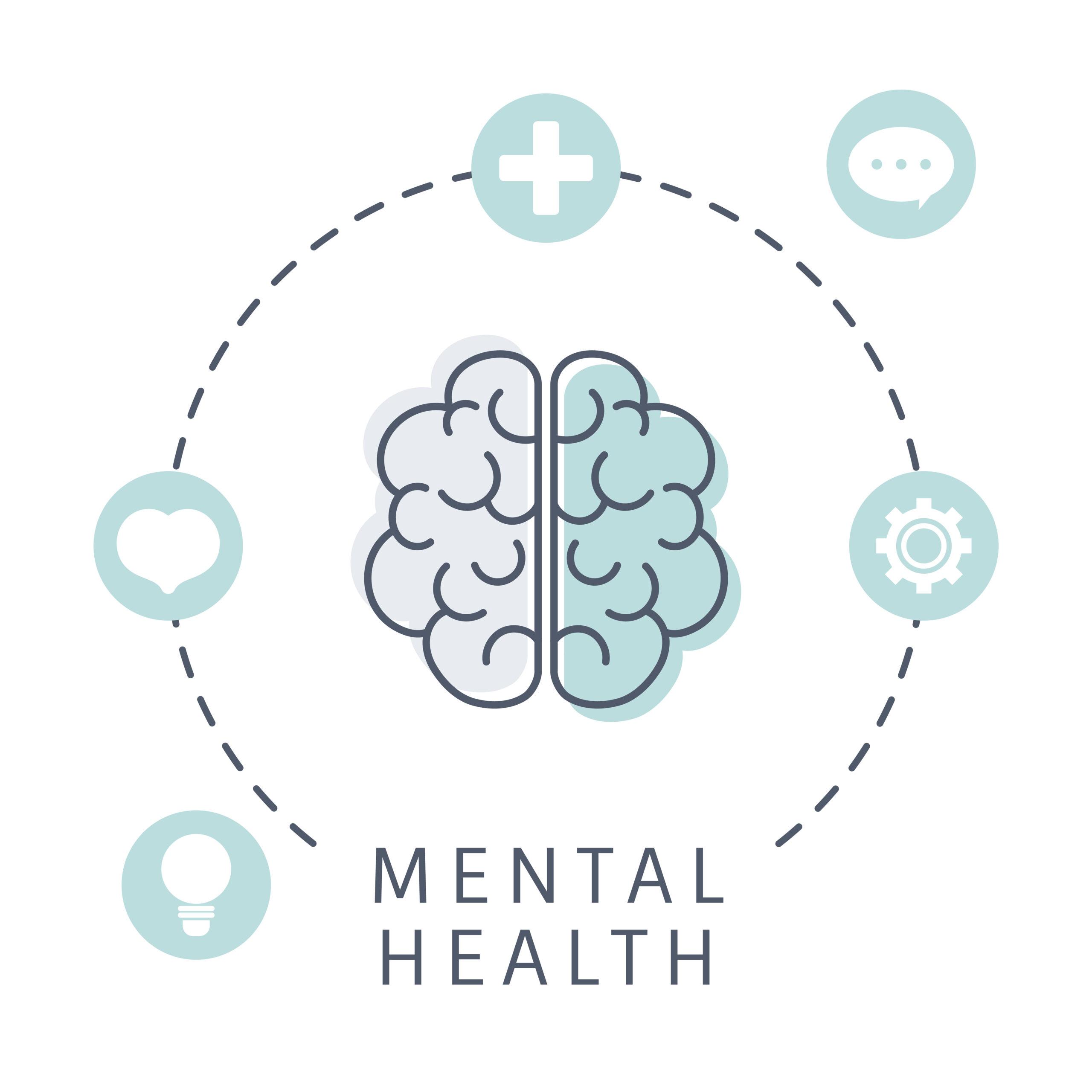Introduction
In today’s digital age, where technology permeates every aspect of our lives, mental health is a topic of increasing concern. While advancements in technology have brought numerous benefits, they have also introduced unique challenges to our mental well-being. This comprehensive guide explores the impact of the digital age on mental health, delving into the challenges it presents and offering insights on how to navigate them effectively. From social media to online communication and the constant stream of information, we explore the various aspects of digital life that can affect mental health and provide practical strategies for maintaining a healthy balance.
The Digital Landscape: Opportunities and Challenges
The digital age has revolutionized the way we live, work, and connect with others. It has opened up a world of possibilities, allowing us to access information instantly, communicate with people around the globe, and engage in virtual communities. However, with these opportunities come unique challenges that can impact our mental well-being.
- Information Overload: In the digital era, we are constantly bombarded with vast amounts of information. News, social media updates, emails, and notifications vie for our attention, leading to information overload. This constant influx of data can be overwhelming and contribute to feelings of stress and anxiety.
- Social Media and Comparison: Social media platforms have become integral to our lives, offering a way to connect with others and share experiences. However, they can also be a breeding ground for comparison and self-esteem issues. The curated nature of social media feeds can create an unrealistic perception of others’ lives, leading to feelings of inadequacy and self-doubt.
- Cyberbullying and Online Harassment: The digital age has given rise to new forms of bullying and harassment. Cyberbullying, trolling, and online harassment can have severe consequences for mental health, causing feelings of fear, anxiety, and depression. The anonymity provided by the online world can embolden individuals to engage in harmful behavior.
- Digital Detachment and Isolation: Despite the ability to connect with others online, excessive reliance on digital communication can lead to a sense of detachment and isolation. Spending too much time interacting through screens can erode face-to-face social skills and create barriers to meaningful connections.
- Fear of Missing Out (FOMO): The constant exposure to others’ lives on social media can generate a fear of missing out. FOMO can contribute to anxiety and a constant need to stay connected, resulting in difficulty disconnecting from digital devices and experiencing moments of solitude.
Strategies for Navigating the Digital Age Mindfully
While the challenges presented by the digital age are significant, there are proactive steps we can take to protect and promote our mental well-being.
- Digital Diet: Practicing a digital diet involves intentionally limiting and managing our digital consumption. This includes setting boundaries for screen time, turning off notifications, and designating tech-free zones or times. Creating a healthy balance between the digital world and real-life experiences is crucial for mental health.
- Mindful Social Media Use: Being mindful of our social media use can help mitigate negative effects. It involves cultivating awareness of how social media makes us feel and actively choosing to engage in positive and meaningful interactions. Curating our feeds to include content that uplifts and inspires us can foster a more positive online experience.
- Developing Digital Literacy: Building digital literacy skills can empower us to navigate the online world more effectively. Understanding the importance of privacy settings, recognizing misinformation, and practicing critical thinking when consuming online content are essential for safeguarding our mental well-being.
- Cultivating Offline Connections: While digital connections have their place, nurturing face-to-face relationships is equally vital for mental health. Actively engaging in activities that promote in-person social interactions, such as joining clubs, volunteering, or participating in community events, can help combat feelings of isolation and foster a sense of belonging.
- Practicing Self-Care: Prioritizing self-care in the digital age is crucial. This involves setting aside time for activities that promote relaxation, stress reduction, and overall well-being. Engaging in mindfulness exercises, pursuing hobbies, spending time in nature, and practicing regular exercise are all effective self-care strategies.
- Seeking Support: If digital challenges significantly impact your mental health, don’t hesitate to seek support. Connecting with a mental health professional or joining support groups can provide guidance and validation. They can help you develop coping strategies specific to the digital age and navigate the complexities of the online world.
Conclusion
As the digital age continues to shape our lives, it is essential to recognize and address its impact on mental health. By understanding the challenges presented by technology, we can take proactive steps to navigate the digital landscape mindfully. Balancing digital engagement with real-life experiences, practicing self-care, and seeking support when needed are all crucial for maintaining mental well-being in the digital age. By embracing a mindful approach to digital life, we can harness the benefits of technology while safeguarding our mental health.





